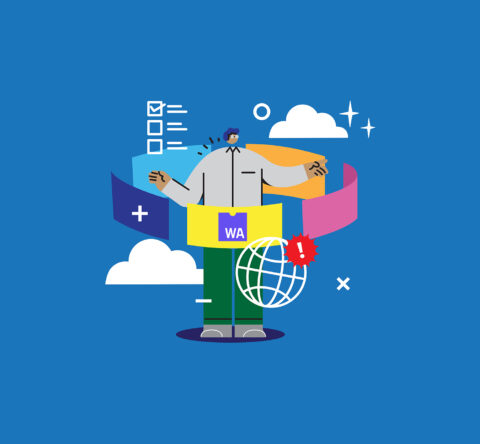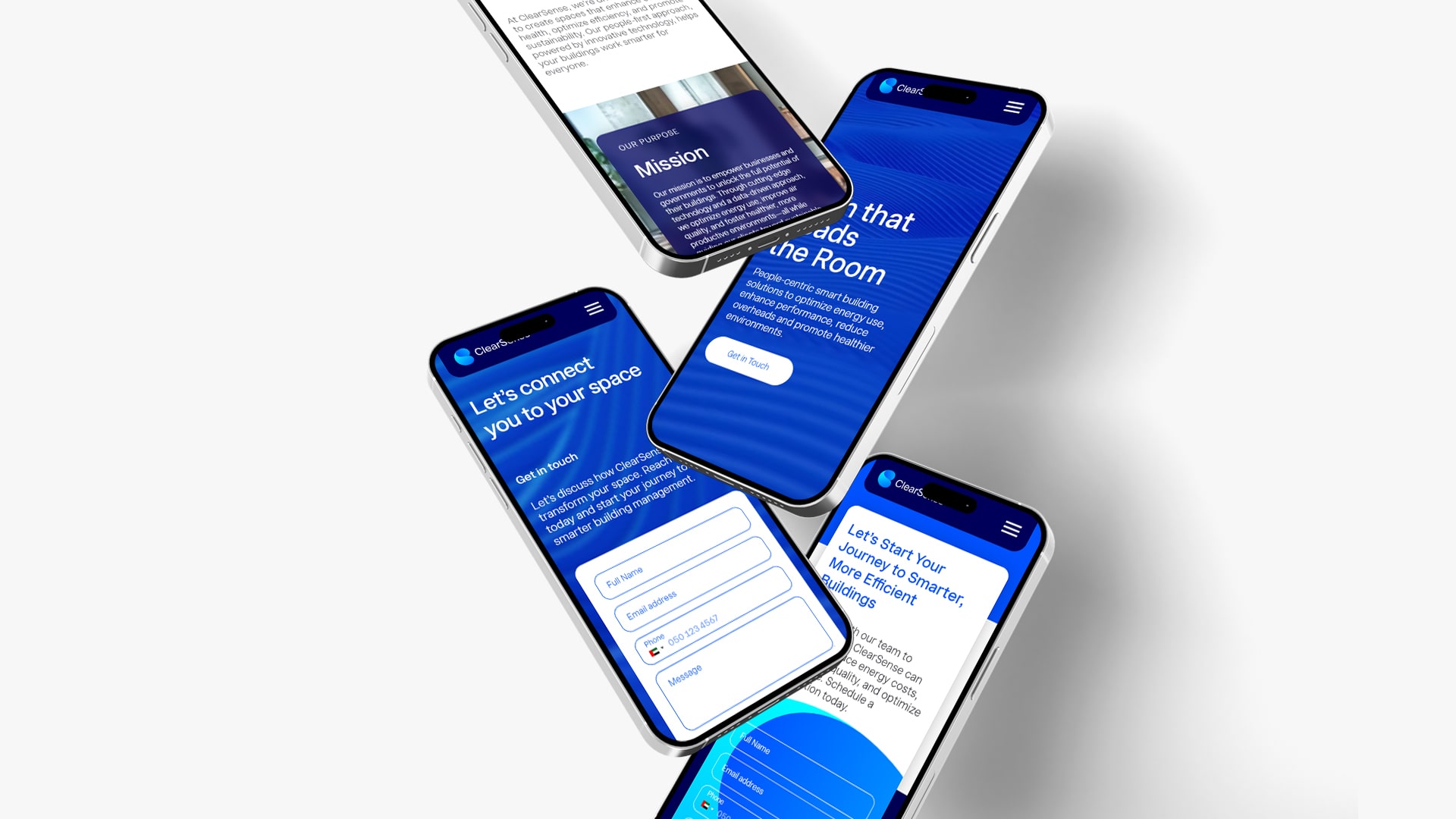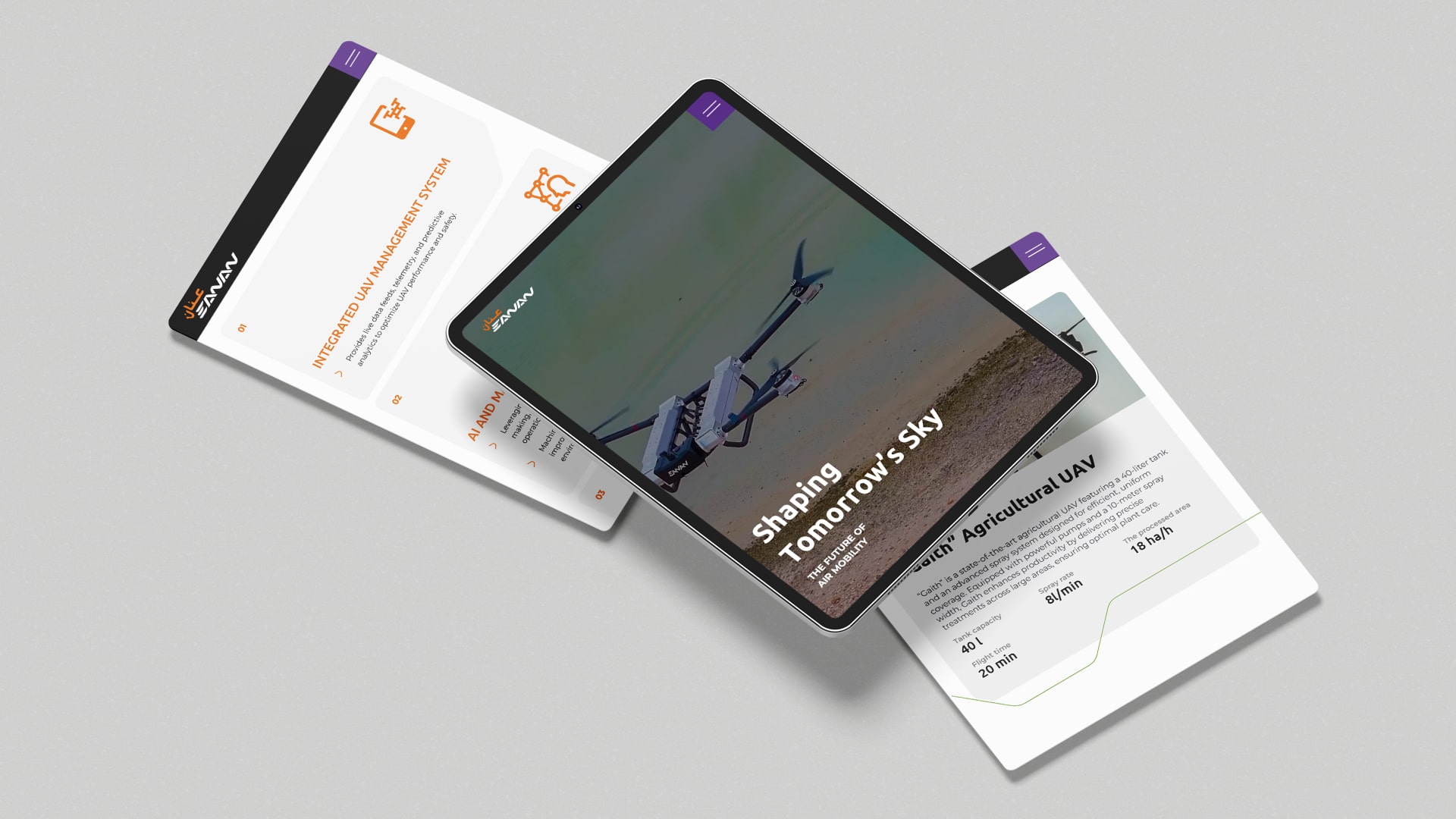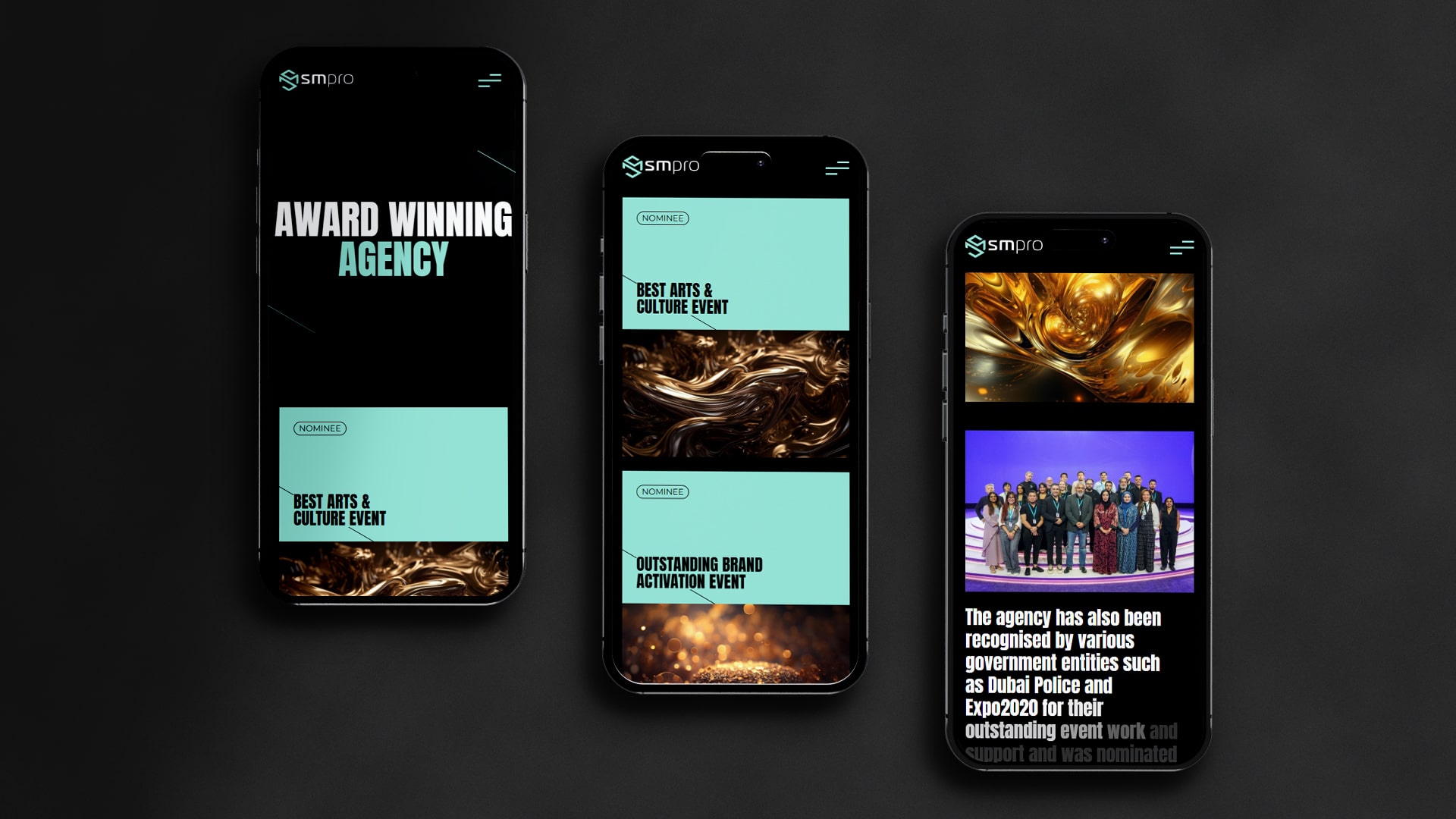There have been many changes to the event world in the last ten years. From small training seminars to large global conferences, digital technology is shifting the way brands connect with their audiences. At the heart of this evolution is the custom event platform—not merely designed to host events, but to engage with audiences, provide insights, and ultimately help businesses derive stronger performance.
In this blog, we will consider the value of event marketing enabled by tailored platforms, how these technologies assist event marketing strategies, and provide a hands-on guide to custom event platforms for practitioners interested in how to do event marketing.

Why Traditional Event Marketing Needs an Upgrade
For years, event organisers used generic event software, or fragmented solutions, managing registration in one tool, live sessions in another, and often neglecting engagement altogether. This was okay, but lacked personalisation, data tracking, and scalability.
Today, audiences expect more. Seamless digital experiences, personalised communication, and engaging content. To deliver this, organisations are moving away from “one-size-fits-all” packages to invest in personalised platforms for their events.
What Makes a Custom Event Platform Different?
A custom event platform is designed to cater to the needs of the organisation or event. Custom event platforms are different from other generative tools in that custom platforms can be built around branding, audience expectation, and business goals.
Custom Platform Features:
- Custom branding and UX – Custom branding elements of the platform ensure a better user experience across all aspects of the event. Events are now consistently linked to the organisation.
- Integrated event engagement technology – Custom event platforms offer similar tools to increase attendee engagement, such as polls, Q&A, gamification elements and networking spaces.
- In-depth analytics – The in-depth analytics offered by these platforms allow organisations to see attendance and engagement, including useful post-event follow-up.
- Scalable – Custom event platforms should offer flexibility for events, whether you have 100 or 10,000 attendees.
Having the ability to customize every aspect of the attendee journey allows organisations to iterate on event marketing strategies and produce improved outcomes.
The Benefits of Event Marketing with Custom Platforms
Adopting a modular platform changes the entire event lifecycle. Let’s take a look at the benefits of event marketing when powered by custom technology:
1. Improved Attendee Engagement
With an engagement technology system integrated directly into your event platform, you have the potential to keep audiences engaged prior to, during and after your event. Real-time polling and live quizzes, gamification challenges, and networking lounges/spaces all allow attendees to engage versus passively watch.
2. Better Data Visibility
The whole concept of understanding how event marketing works involves looking at data. Customisable event platforms allow you to pull descriptive reports on what sessions had the most engagement, what marketing and promotional campaigns drove registrations, and how participants engaged with sponsors or exhibitors.
3. Simple Axis of Integration with Marketing Technology
One of the most compelling reasons to take a custom event platform is the ease of integration with CRM and email marketing and social media. Where every point of data that you collect can be measured, analyzed and improved. This will make it much easier to understand how to do event marketing well.
4. Enhanced ROI
A combination of engagement fuelled by analytics enables organisers to measure and prove success; whether that is lead generation, brand exposure, audience satisfaction..
A Guide to Custom Event Platforms: What to Look For
When weighing the options, it can be overwhelming to start with so many choices on the market. In the list below, we provide you with an overview of our favourite custom event platforms. Consider the following:
Scalability and Flexibility
Your platform should be able to accommodate both small private gatherings and large conferences without sacrificing quality.
Engagement
Make sure the platform can deliver many different event engagement technologies, such as live chats, virtual booths, gamified rewards, or AI-enabled networking.
Branding
All assets required (registration pages, virtual stage, etc.) should present an inherent and relatable aspect of your brand.
Data and Reporting
All platforms should not only measure vanity metrics – they must also provide insights that the customer can leverage to adapt their future event marketing strategies.
Security and Compliance
This is essential for industries dealing with sensitive data, like finance and healthcare.
How to Do Event Marketing Effectively with Custom Platforms
Planning an event is one thing; creating an impact is another. Here are practical tips for how to do event marketing effectively using a custom solution:
Set Clear Goals
Identify whether the event’s end goal is brand event marketing or lead generation, brand awareness, product education, or community building. A custom event platform can then be adjusted to meet these goals.
Create Pre-Event Buzz
Leverage integrated marketing tools – like automated email campaigns and social promotions – to build excitement and anticipation before the event.
Personalise Attendee Experiences
Segment attendees by interest, job title, or geography. Offer personalised agendas, content recommendations, and networking opportunities.
Focus on Interactivity
Don’t just present content – build opportunities for attendees to create interaction. This is where event engagement technology matters most.
Measure, and Adapt
Post-event, use data to identify what worked. Take that insight into your upcoming event marketing strategies and prioritize how to do event marketing effectively.
Event Marketing Strategies Powered by Technology
When paired with a custom event platform, strong event marketing strategies are even stronger. Examples of this could be:
- Community-engaged engagement – discussion groups and forums that have a life beyond the event itself
- Multi-channel marketing – Integrate email, social and SEO with your event marketing tools to provide maximum visibility.
- Post-event care – share highlights, recordings and insights to help keep your attendees engaged long after the event itself has finished.
Beyond the Event: Creating Long-Term Value
It can be tempting to think of events as “one-off” items, but the real value is in the follow-ups. The right platform allows you to pivot an event into a movement, an ongoing engagement journey, with content, networking and brand engagement alive well past the actual date of the event.
It is often tempting to think of events as “one-off” things, but the true value lies in the follow-ups. The right platform allows you to transition an event into a driving, continuous engagement journey, where content, networking and brand engagement will exist well beyond the event date.
Not only does this ensure that all the online event success tips are applied in the best possible outcome, it also lays a solid foundation for future marketing strategies.
By engaging in relationship building before, during, and after your event through content marketing, personal communications, and data and analytics, organizations are able to move from just a single interaction with an attendee to building loyalty over time. This approach will not only change your events from a one-time event into a catalyst for repeated engagement, attendance, and brand growth.
Final Thoughts
Events continue to be one of the most impactful methods to connect with audiences, but now it is essential to leverage the right technology for events to be successful. A custom event platform provides organizers the flexibility, engagement, and data-informed insights to achieve results that matter.
You might be just exploring the nuances of event marketing, you could also be searching for a guide to custom event platforms, or you simply want to learn how to do event marketing better. Regardless, the common thread is pairing technology to strategy—not just running events, but crafting experiences worthwhile to an audience and find measurable business results.
For such interesting event insights, connect with GTECH, a leading provider of event promotion services in Dubai, UAE.
Related Post
Publications, Insights & News from GTECH








